
Join IACE at the 2026 SIGCSE Technical Symposium on Computer Science Education
Posted
We’re looking forward to sharing our research and learning from others at the SIGCSE Technical Symposium in St. Louis February 18-21, 2026 in St. Louis, Missouri. The Technical Symposium (TS) is a fantastic event for being in community with hundreds of researchers and educators as we all continue to understand how we can advance and […]
Continue ReadingA Guide to AI in Schools: Perspectives for the Perplexed
Posted
Announcing the Release of A Guide to AI in Schools: Perspectives for the Perplexed by Dr. Julie M. Smith, Senior Education Researcher, Institute for Advancing Computing Education Most new technologies, like laptops, are adopted in schools as the result of a deliberate policy choice. But generative AI is different: it is an arrival technology, which […]
Continue Reading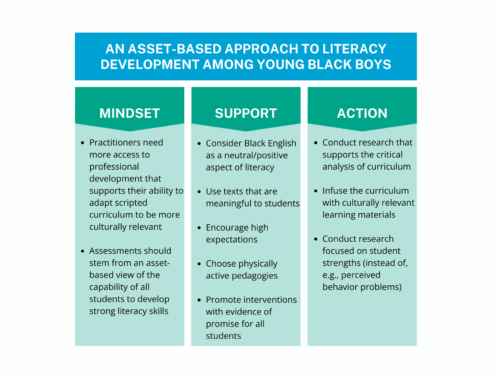
What We Know about the Literacy Development of K-2 Black Boys?
Posted
Literacy skills set the foundation for academic success. Unfortunately, systemic barriers can sometimes prevent students – including young Black boys – from developing their full potential as readers, writers, and speakers. In our recent project funded by Amazon and in partnership with the National Girls Collaborative Project, Dr. Rebekah Degener at University of Mankato, and […]
Continue Reading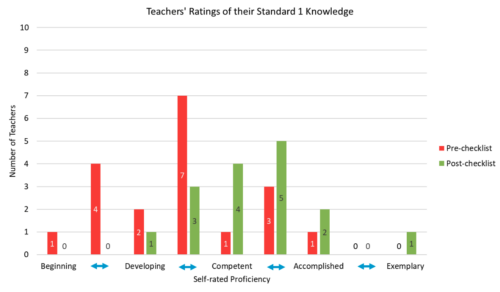
Coaching to Support CS Teacher Development – Knowledge and Skills
Posted
Many teachers in the United States are just starting to learn how to teach computer science (CS). However, the majority do not have others nearby with CS teaching experience to provide support. Further, after educators complete CS professional development, there are few opportunities for individual feedback on their classroom practice and other means to support […]
Continue Reading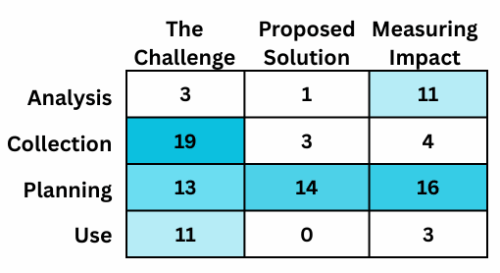
What Do We Know about How Data Is Used to Improve Interventions for Engineering Students?
Posted
Published by Julie Smith, PhD, IACE The percent of engineering degrees awarded to people who have not typically pursued engineering has increased since 2010, indicating strides in broadening participation. But there is still substantial underrepresentation for women and people from racially and ethnically marginalized groups. Using Data Harnessing the power of data, including big data, […]
Continue Reading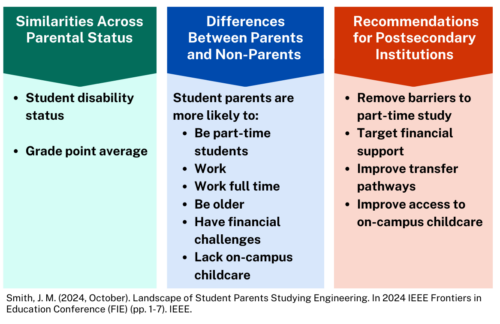
What do we know about engineering students who are parents?
Posted
Published by Julie Smith, PhD, IACE About one-fifth of undergraduate students are parents, and these students are likely to differ somewhat from other students. However, little research has been conducted on engineering students who are parents. For work conducted as part of the Engineering PLUS Alliance funded by the National Science Foundation, we explored data […]
Continue Reading
Validity and Reliability in Qualitative Research
Posted
Post prepared and written by Joe Tise, PhD, Senior Education Researcher In this series we have discovered the many ways in which evidence of validity can be produced and ways in which reliable data can be produced. To be sure, the bulk of this series was focused on quantitative research, but any mixed-methods or qualitative […]
Continue Reading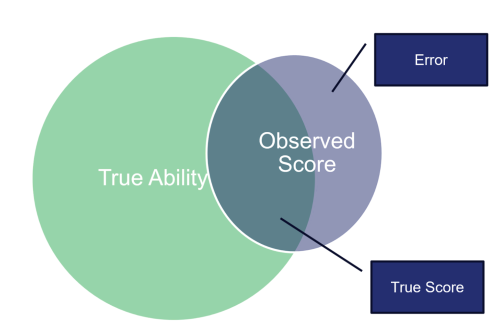
Reliability in Education Research: A Deeper Examination
Posted
Presented by Joe Tise, PhD, Senior Education Researcher at IACE We can view reliability in education research as inherently linked to measurement error. For example, to be confident in claims we make about something we assess, the assessment must produce reliable data. A thermometer that says it’s 72 degrees Fahrenheit one minute, but 56 degrees […]
Continue Reading
Validity in Educational Research: A Deeper Examination
Posted
Presented by Joe Tise, PhD, Senior Education Researcher at IACE The concept of validity, including validity of educational research, has evolved over millennia. Some of the earliest examples of how validity influenced society at scale comes from the ancient Chinese Civil Service exam programs (Suen & Yu, 2006). Back in 195 BCE, Emperor Liu Bang […]
Continue Reading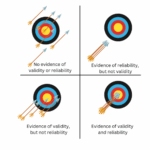
Demystifying Reliability and Validity in Educational Research
Posted
Post prepared and written by Joe Tise, PhD, Senior Education Researcher In the past, reliability and validity may have been explained to you by way of an analogy: validity refers to how close to the “bullseye” you can get on a dart board, while reliability is how consistently you throw your darts in the same […]
Continue Reading